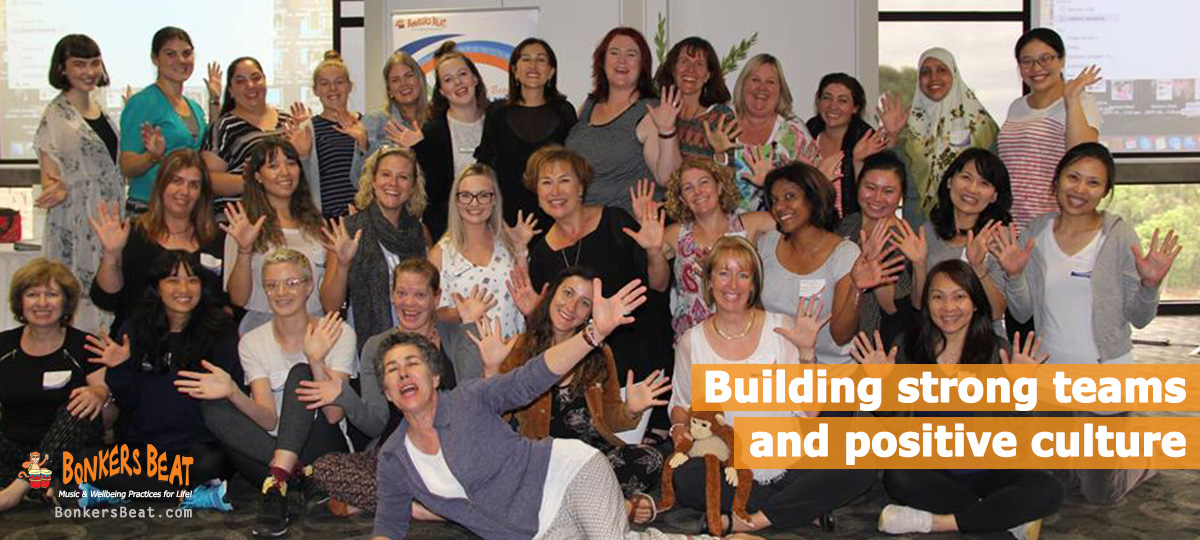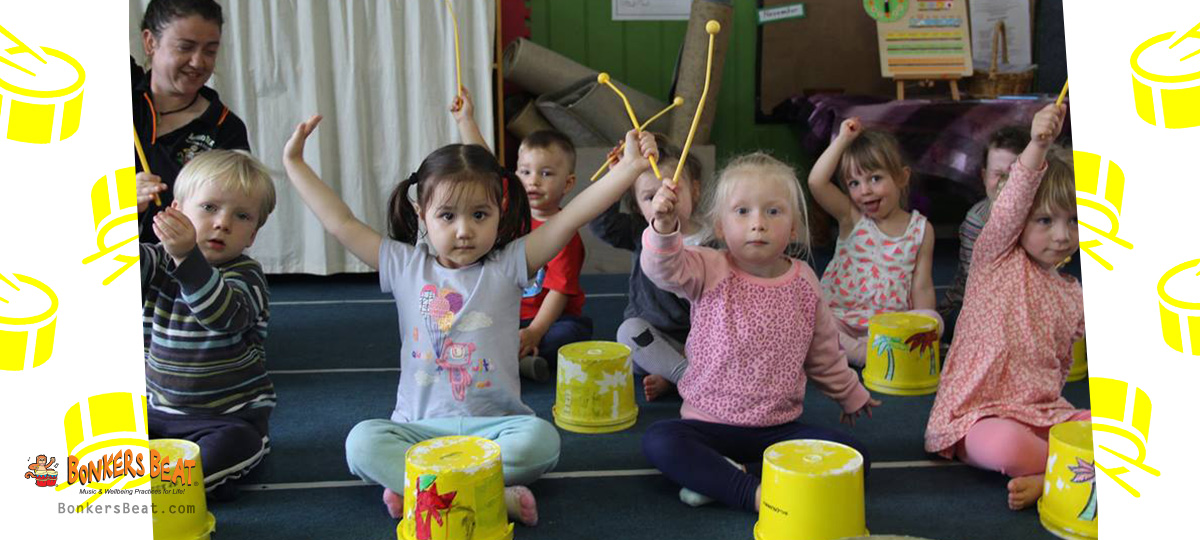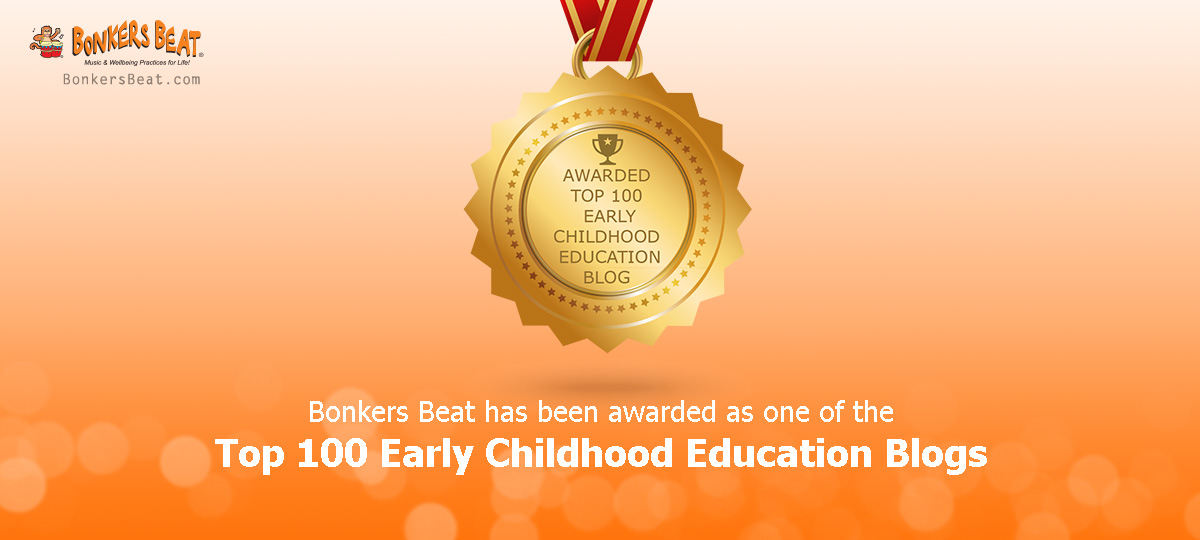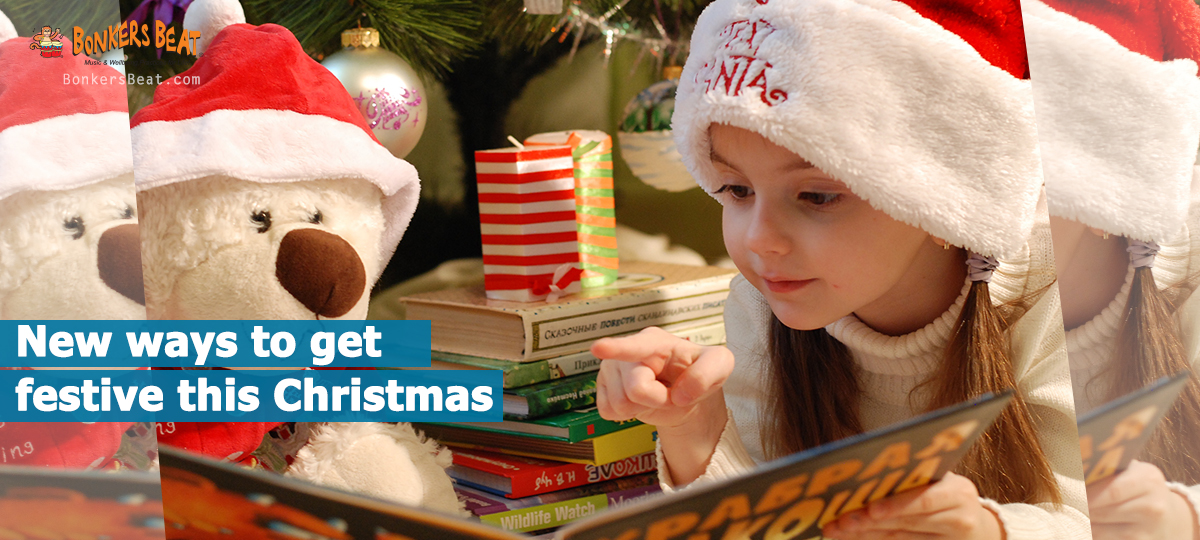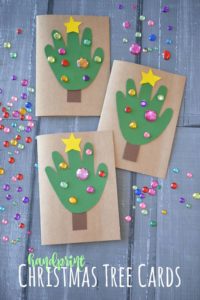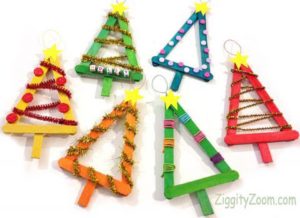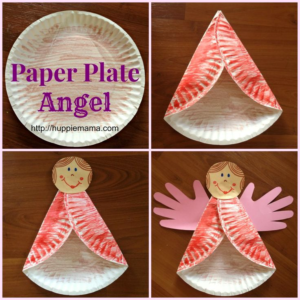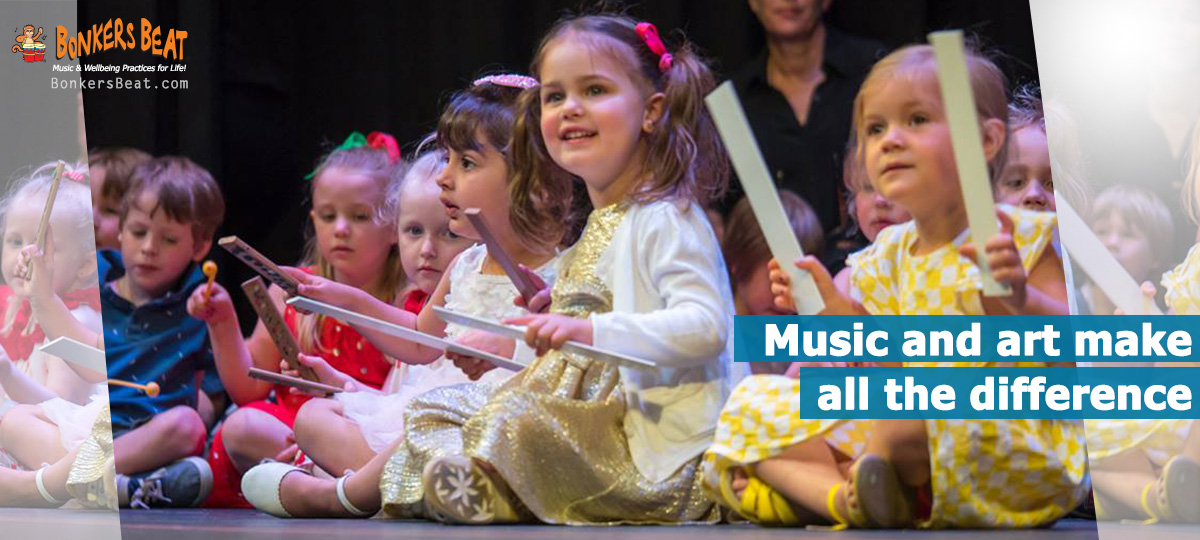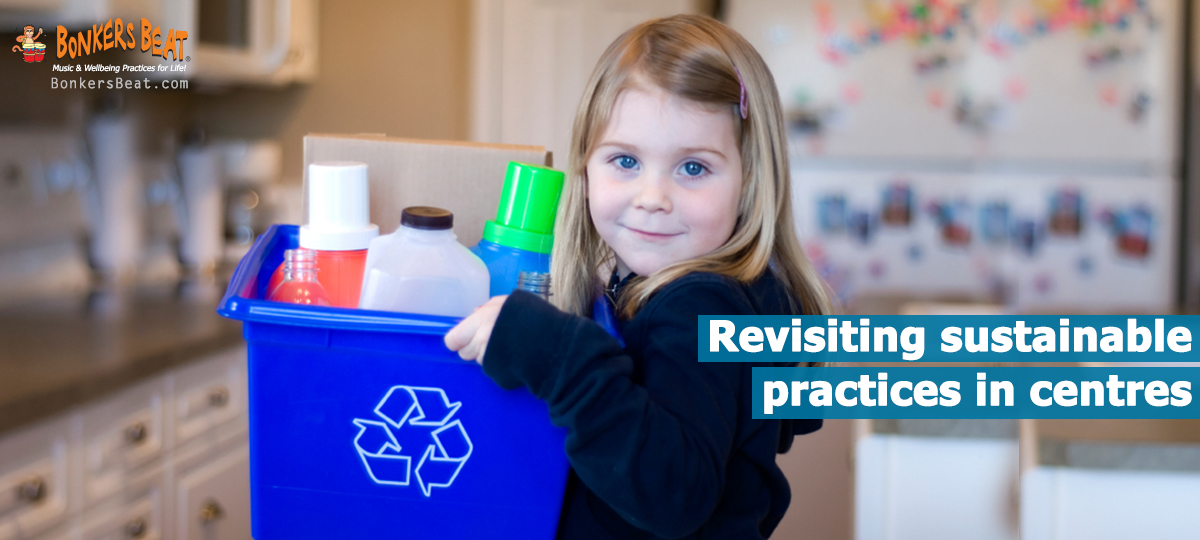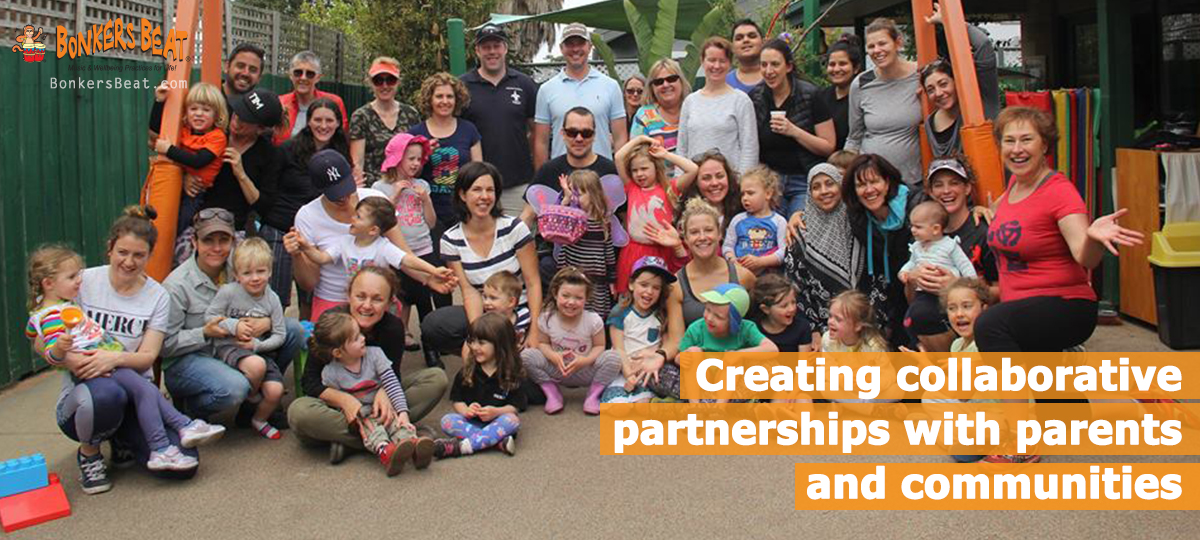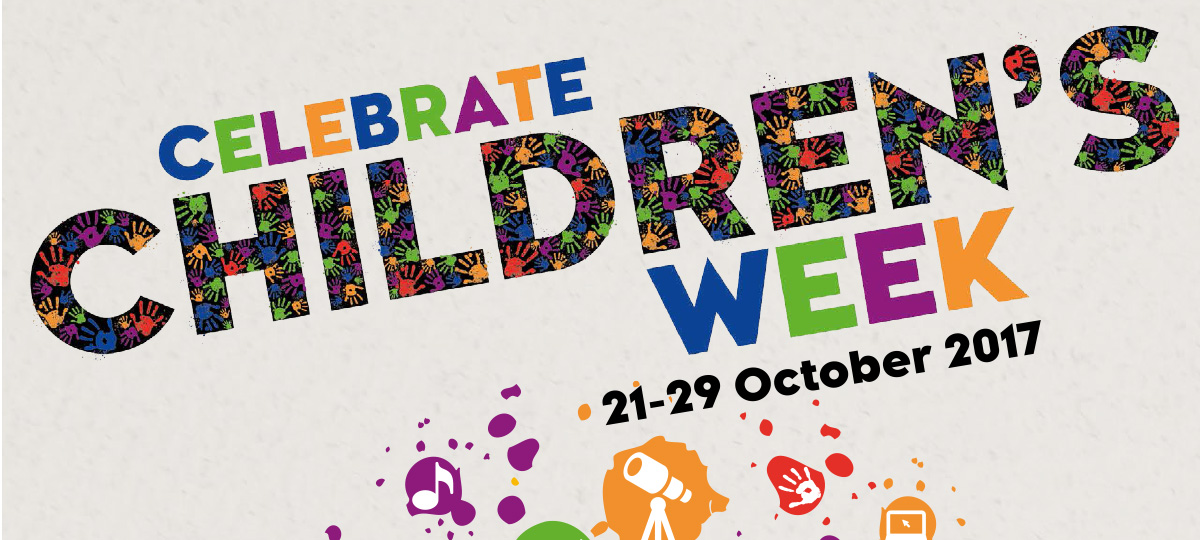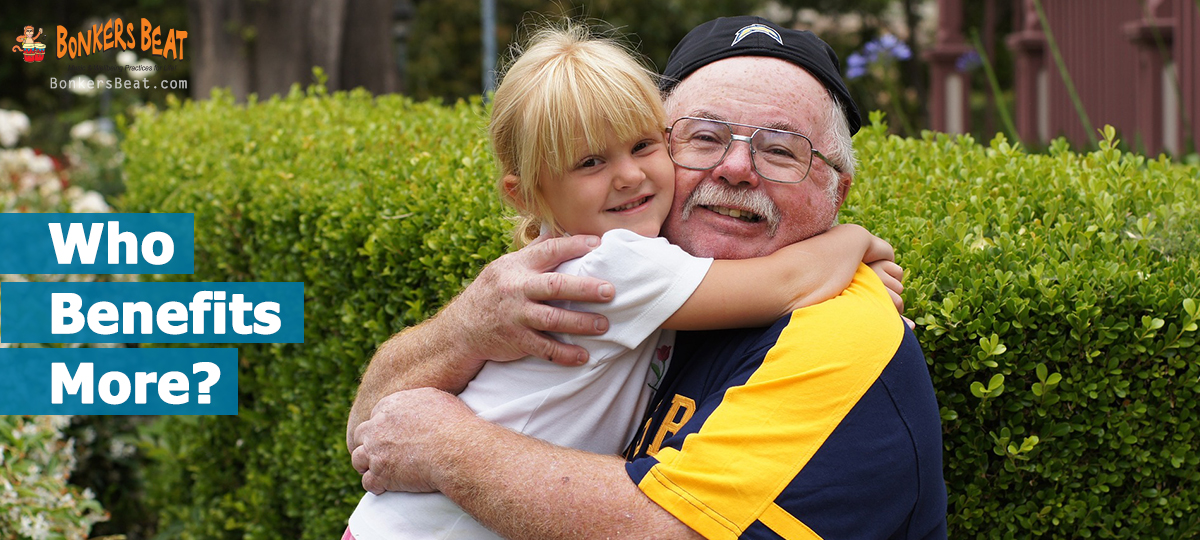Working in early childhood education, collaboration is essential. Not just between centres and families, but also among staff. Building teams and a positive culture in early childhood education paves the way for a centre and its educators to thrive. Of course, a thriving centre means the best experience for families and children too.
Over the years we have asked countless educators what their biggest challenges are, and we frequently hear that one of the challenges is staff motivation, culture and turnover. Sound familiar?
In 2016 the Queensland University of Technology surveyed 1,200 early childhood educators across Australia about their jobs. Of those surveyed, one in five planned to leave their position within the following year. The reasons cited for this included feeling undervalued and not enjoying the working environment.
Creating a positive culture in your workplace can help your team feel bonded, supported and appreciated. A little effort can go a long way to keep your staff turnover low, and your centre’s culture brimming with positivity and happiness!
A team that is motivated and appreciated is one that will help your centre and its children reach their full potential. Take a look at these ways that you can build teams and a positive culture within your organisation and consider giving them a try:
-
Focus on the positives:
Often when we have staff meetings or changes, the focus is on what we can do better. While improvement is important, try to shift the focus to the positives. Hearing what is being done well will encourage everyone to want to do it more.
-
Make responsibilities clear:
Clashes in teams can arise when there is uncertainty over who is responsible for what, or if someone feels they have an unfair share of the workload or have drawn the short straw. Keep it clear and make sure everyone feels comfortable in speaking up in the right way if something is displeasing to them.
-
Involve your team in decisions:
A democracy is always better than a dictatorship, so make sure your team feels they have some say in the workplace. Friendly negotiations, votes, team discussions – it’s important changes happen from within a team, not to them. That way, they’ll feel they’ve accomplished something together.
-
Spend quality time together:
Don’t let it become all work and no play! After all, in early childhood education, we are experts at playing! Organise some team dinners or even a yearly staff retreat! Don’t forget to mark the end of the year with a celebration too. Some centres have a list of all staff birthdays so that if that member of your team is in on their special day, you can all sing happy birthday to them. A lovely gesture!
-
Group professional development:
A team that learns together can grow together, in the same direction. This is one of the reasons the Bonkers Beat programs and our Wellness Summits are so effective for centres and their culture – because we work with the entire team together. Take a look at teams having a great time and growing as educators together at our recent Bonkers Beat Wellness Summits here.
We’d love to hear how you help your team to bond and create a positive culture in your early childhood education service? Share with us on Facebook!

